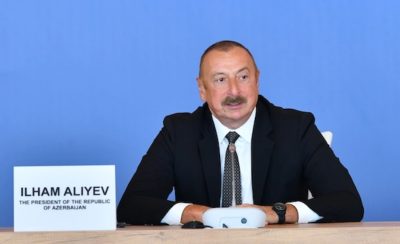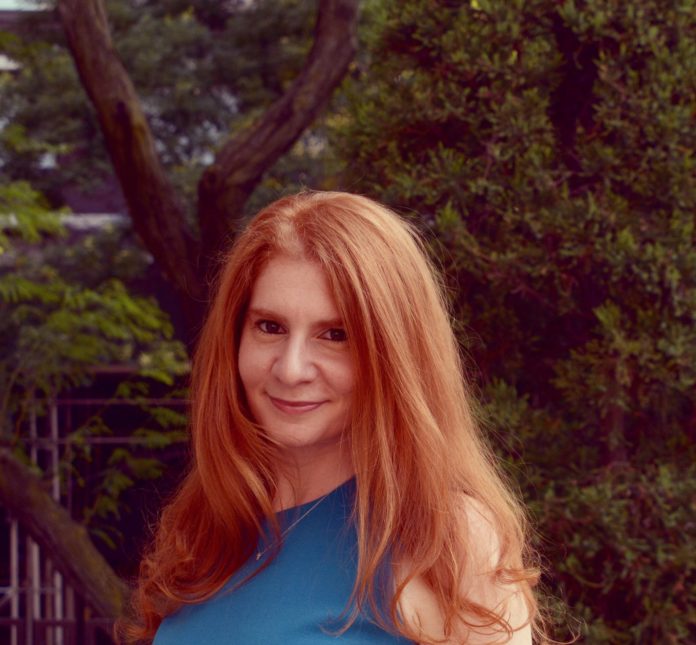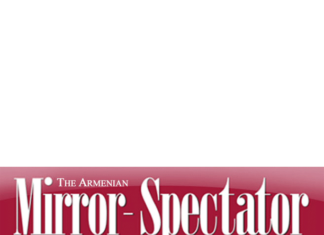By Taleen Babayan
Special to the Mirror-Spectator
Among the maze-like streets of Bourdj Hammoud, where crossed wires hang on for dear life and the Armenian language swirls in the air exist buildings that evoke an integral part of Diasporan history. Once crown jewels, these landmarks now teeter on the edge of obsolescence — an unheard of development for the thousands who once called these corridors home.
Growing up, we all heard stories from our grandparents, who came of age during a significant make-or-break era. Genocide survivors themselves, or children of the brave who escaped the atrocities, they arguably helped save a race from succumbing to destitution. But the stories I heard from my grandfather were seldom set in his birthplace of Aintab. Instead, they took place in the port city of Beirut, in the hallways named after one of the Armenian people’s most revered poets.
While it had been three decades since his black leather laced wingtips tapped the concrete floors of the Vahan Tekeyan School, I still felt my grandfather’s presence in the classrooms and stairwells during a recent visit; the air tinged with his spirit and service. These were the very same pathways where he served as principal and taught his students, through both word and action, the pride in being Armenian and the importance of contributing to the nation and culture in a positive way. A lesson he made sure to instill in all his grandchildren.
At the height of the school’s success — in the gilded Golden Age of Lebanon in the 1960s and early 1970s — my grandfather oversaw the education of thousands of students, each a mere generation or two removed from the crippling Armenian Genocide, which could have very well expunged the remaining survivors. But it was the Vahan Tekeyan School, akin to a handful of its counterparts around the Diaspora, that rose to the occasion — and lifted those students to their rejuvenated feet, citing countless successful alumni in its wake.









